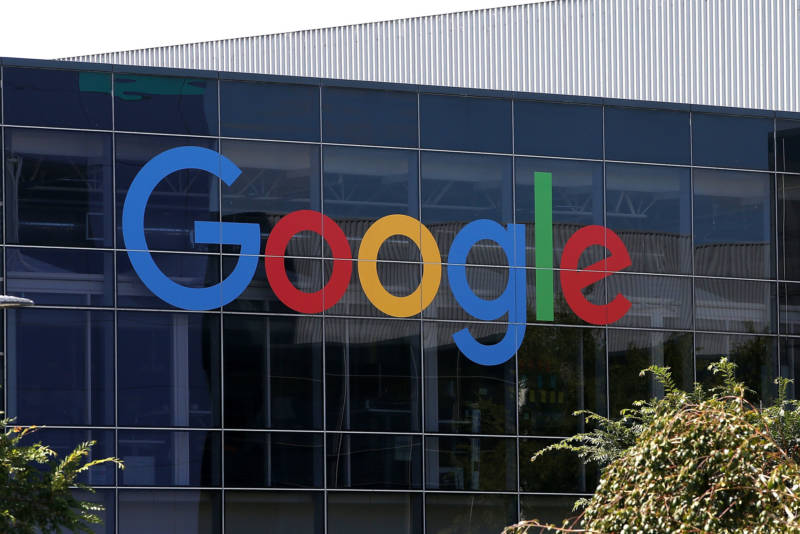“It’s really murky as far as who is making the decisions,” he says.
Gwin notes that it would be a huge benefit if he could work from home on occasion, like when his 12-year-old daughter is sick or needs him to take her to softball practice.
The coronavirus is compounding the frustration that many contractors like Gwin have long felt about the difference in treatment between them and full-time employees.
“This will be one of the more stark examples of the tiers and the classist system that is implemented at our building,” Gwin says. “We aren’t really sure what’s going to happen with us. Hopefully we’re allowed to work from home, or if it’s like a quarantine situation, we don’t have to give up a month’s worth of pay. I think a lot of people would just go to work if that was the situation.”
In a statement, HCL Technology says it’s “proactively invoking all required measures to ensure business continuity” as the outbreak intensifies.
A recent Google statement said that some contractors can work from home, but noted that “to serve our users and keep our products running, some work, performed by Google employees, temporary staff and vendors alike, can only be done by people physically present at offices. We’re taking all necessary and recommended precautions, including increased sanitization and social distancing, a public health best practice.”
Chris Tilly, a labor economist at UCLA, says white collar contracting is on the rise in a number of industries beyond just tech. It’s part of a trend he calls the “fissuring” of the workplace, where workers at the same company have increasingly different pay, benefits and privileges.
“These fissures undermine the U.S. safety net,” Tilly says, “which depends crucially on employment status, since contractors are considered self-employed and generally receive no benefits at all.”
The coronavirus outbreak is both highlighting and exacerbating some of the issues inherent in the fissured workplace, says Tilly. “An emergency situation like the current one worsens the impact of the inequities, and intensifies confusion and the complexities of mounting an effective response.”
At Google, Gwin hopes the current health crisis will prompt the company and other big tech firms to reconsider their contractor policies and allow workers like him to access the same work-from-home privileges that their own employees receive.
“I just want to be able to spend more time with my daughter,” Gwin says.

